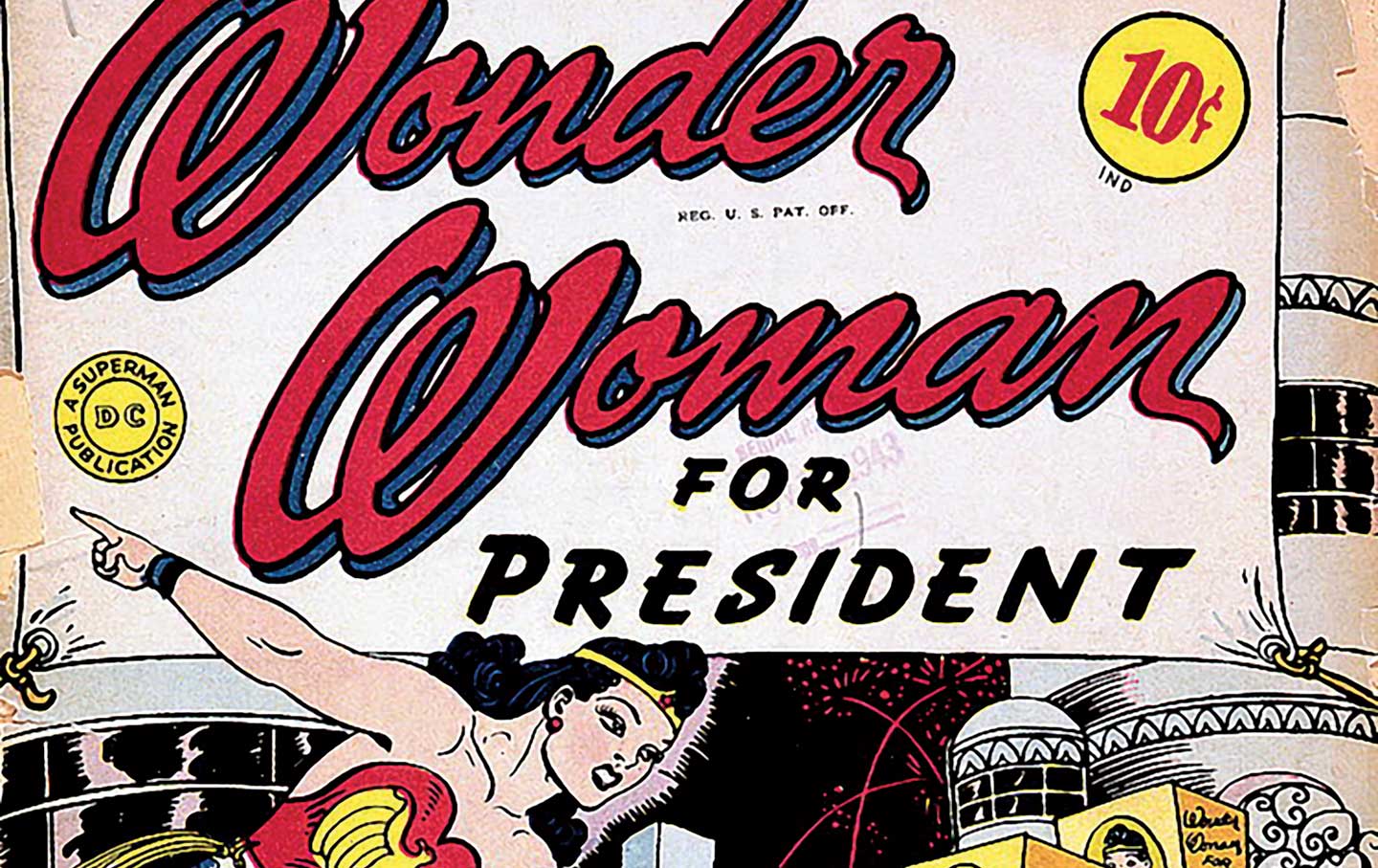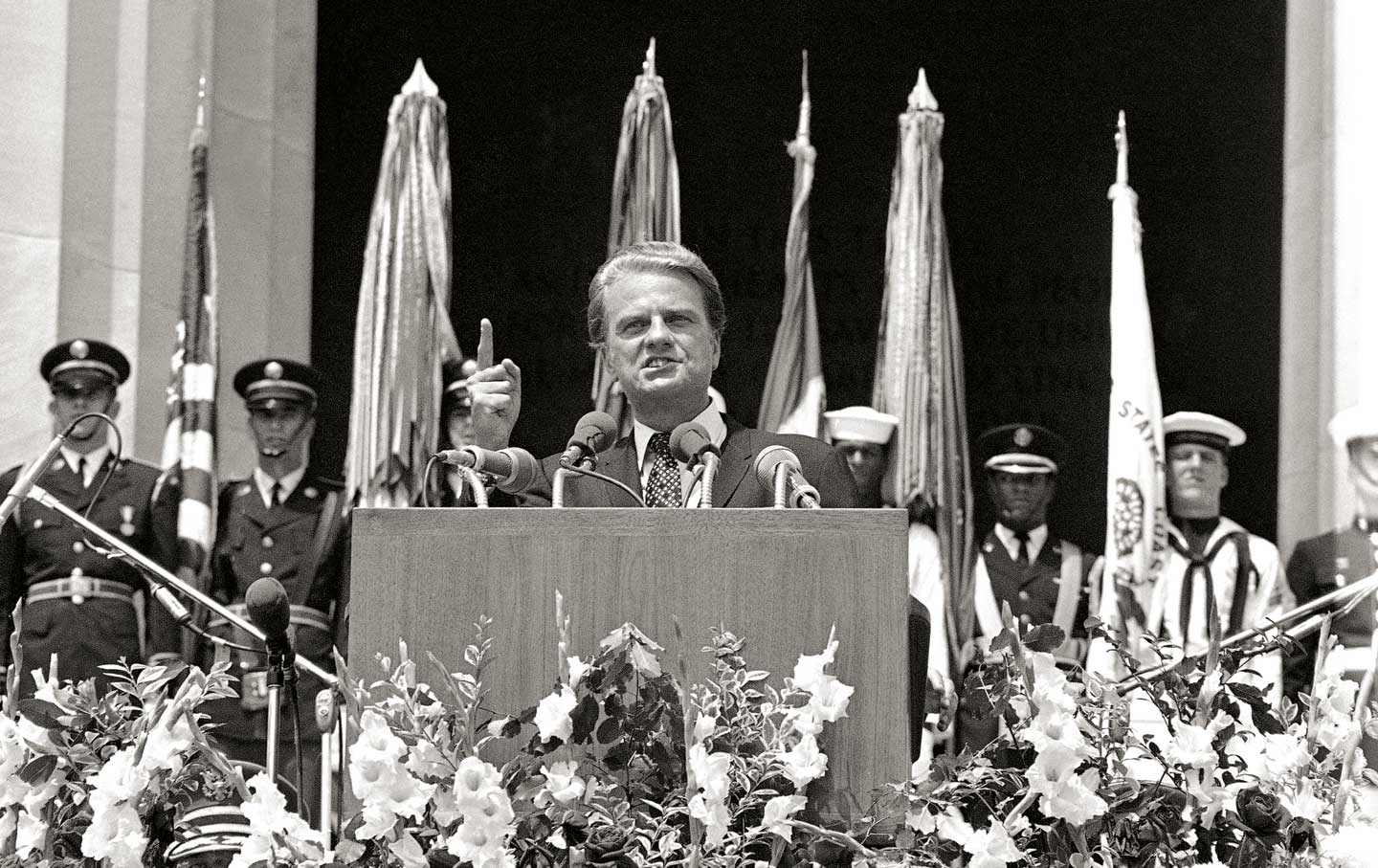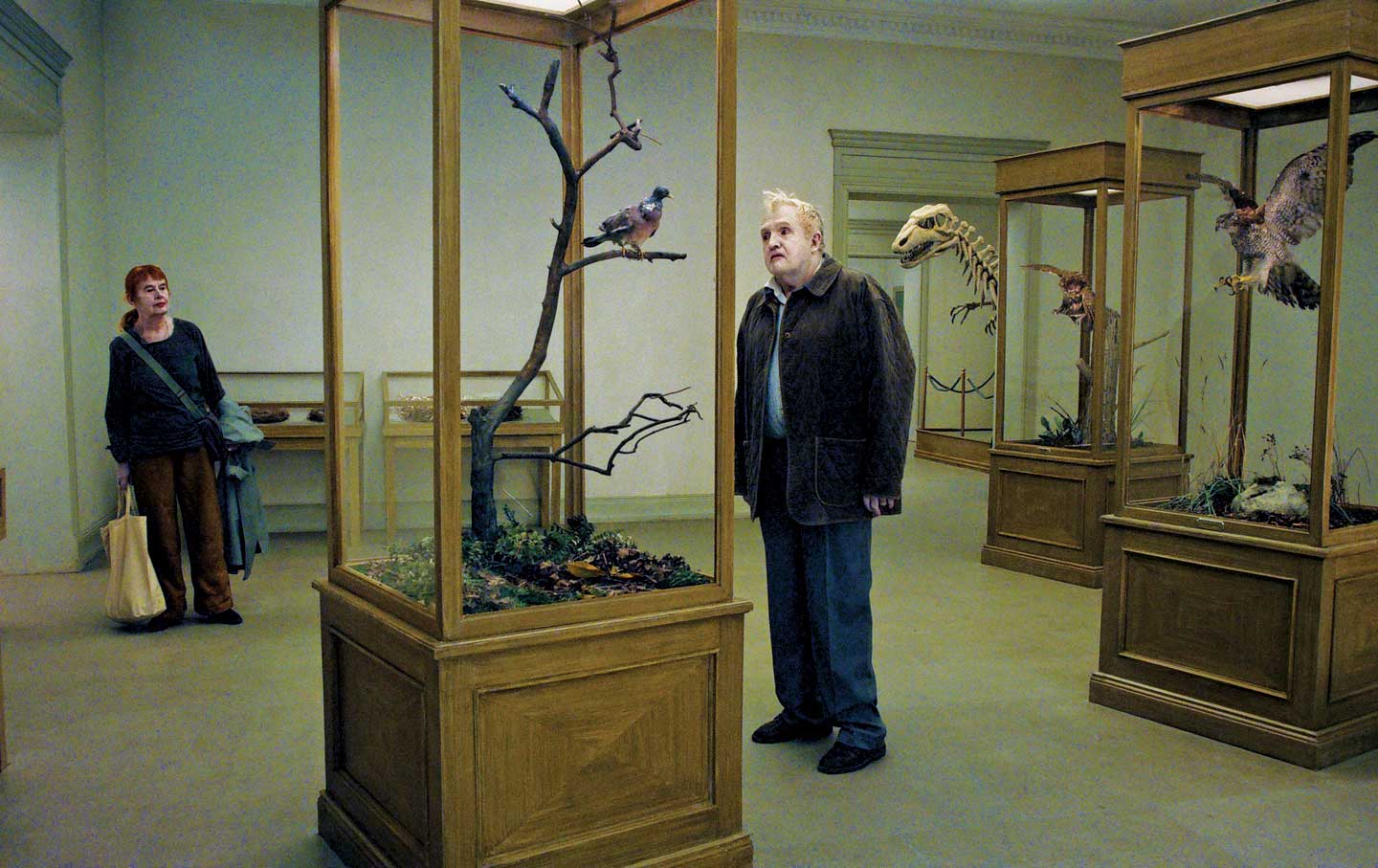
Finding Nearly Forgotten Music Finding Nearly Forgotten Music
Why the musician and filmmaker John Cohen still thinks that true objectivity is an elusive beast.
Jun 2, 2015 / Books & the Arts / Joanna Pocock
Zero Visibility Zero Visibility
He moves in front of me. I can hear words… A prayer? A snake bite? I enter a fog tunnel. The guide falls silent. No way back. I grope my way forward. (Life is unbearable.) (Translated from the Polish by Piotr Gwiazda)
Jun 2, 2015 / Books & the Arts / Grzegorz Wróblewski

How Edward Snowden Sparked a Librarians’ Quarrel How Edward Snowden Sparked a Librarians’ Quarrel
In 2013, American Library Association passed a public statement in support of the former NSA contractor. Then it changed its mind.
Jun 2, 2015 / Books & the Arts / Zoë Carpenter

Enlightened. Elitist. Undemocratic. Enlightened. Elitist. Undemocratic.
Has the EU followed a path first blazed by Napoleon?
May 27, 2015 / Books & the Arts / David A. Bell

Can Science Go Back to the Future? Can Science Go Back to the Future?
Trying to bring extinct species back to life is the latest symptom of ecological anxiety.
May 27, 2015 / Books & the Arts / Cathy Gere

Against the Barricades Against the Barricades
Exposing the debasement of language in service to ideologies was Renata Adler’s cause.
May 27, 2015 / Books & the Arts / Katie Ryder

The Not-So-Feminist History of Wonder Woman The Not-So-Feminist History of Wonder Woman
The superheroine’s polygamous creator exploited the love and labor of the women who were his inspiration.
May 19, 2015 / Books & the Arts / Emily Greenhouse

How Long Have We Really Been ‘One Nation Under God’? How Long Have We Really Been ‘One Nation Under God’?
Kevin Kruse’s new book explores how “Christian America” was invented to fight FDR’s New Deal.
May 19, 2015 / Books & the Arts / Molly Worthen

Choose Your Misery Choose Your Misery
On Ex Machina and Andrew Bujalski’s Results
May 19, 2015 / Books & the Arts / Stuart Klawans

The Trials of Hannah Arendt The Trials of Hannah Arendt
Many have delighted in judging Hannah Arendt, maybe because they have feared her judgment.
May 12, 2015 / Books & the Arts / Corey Robin
